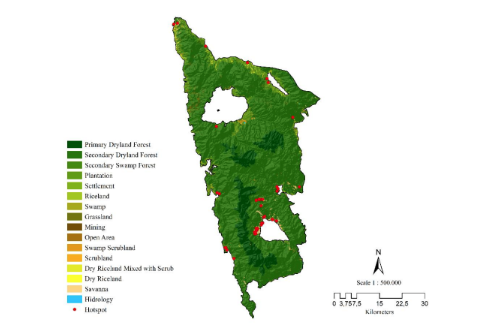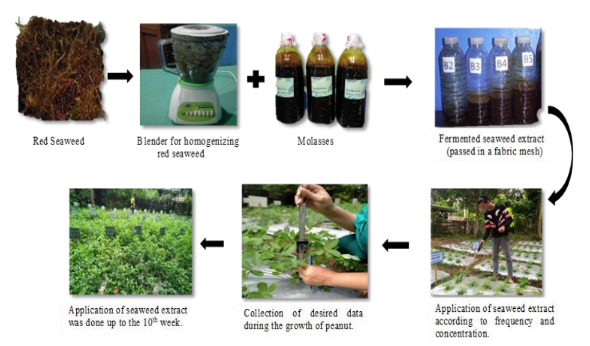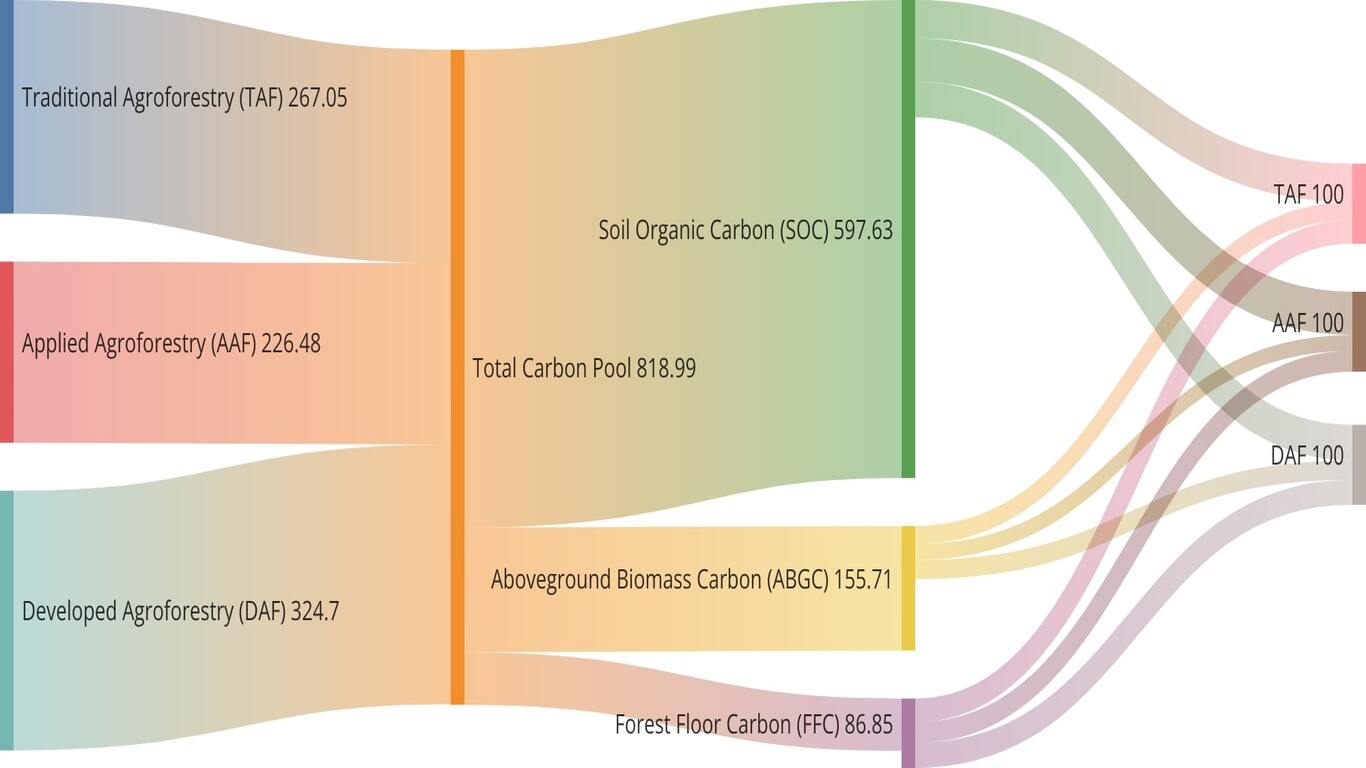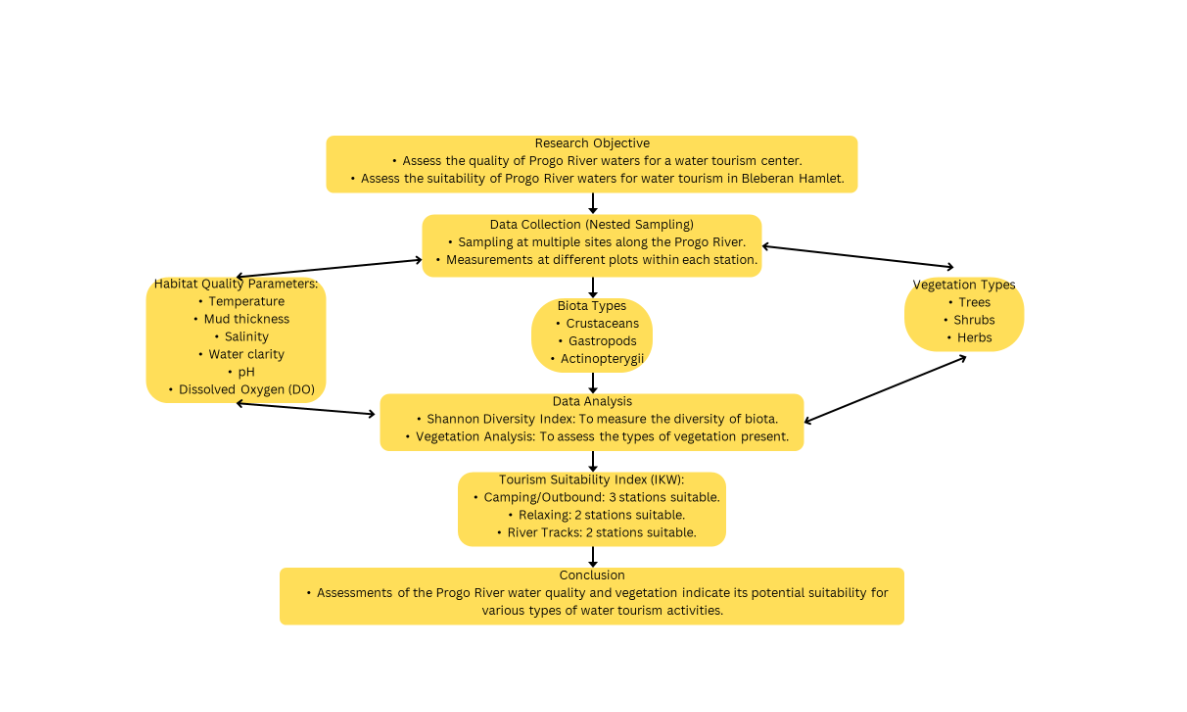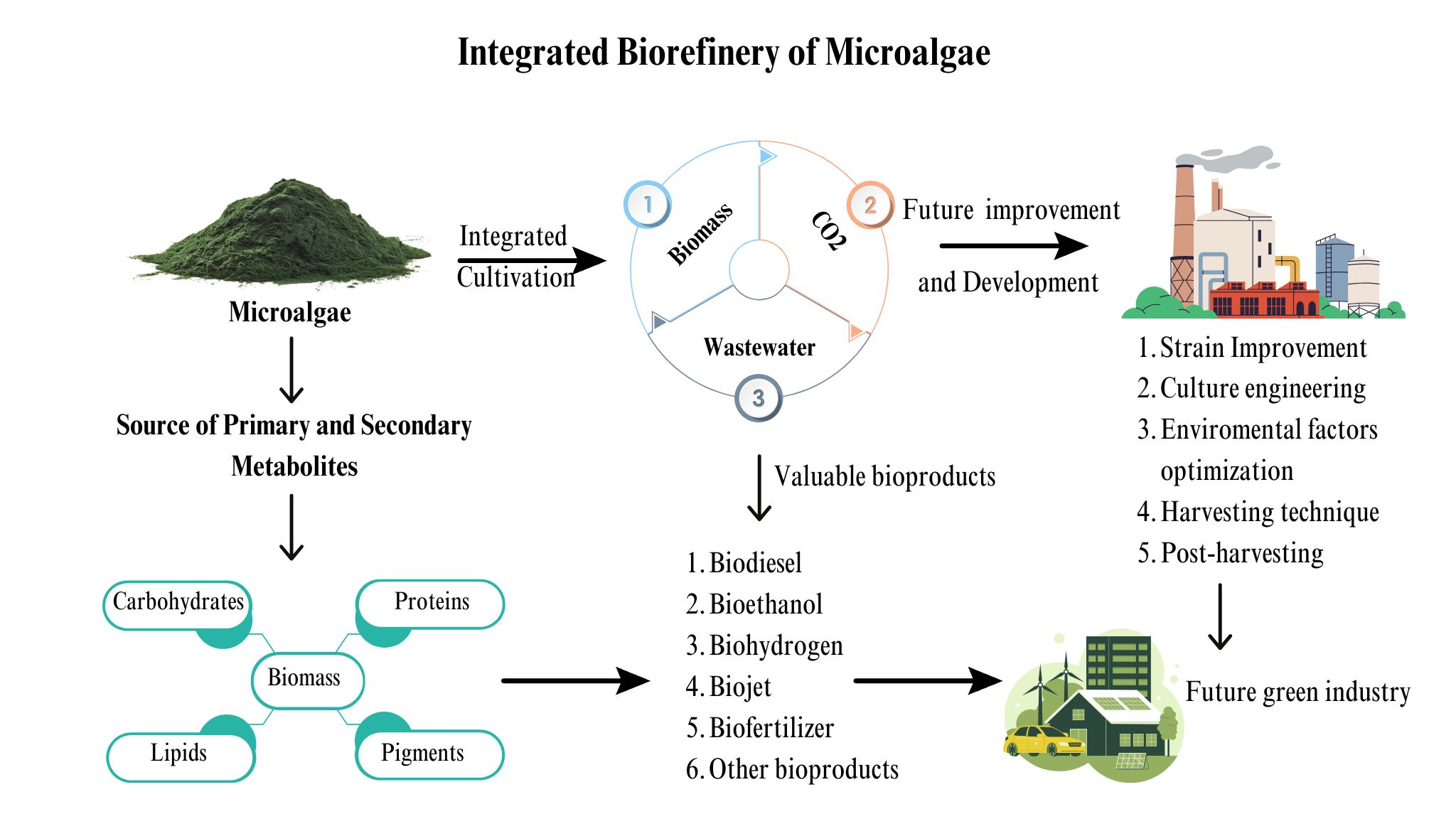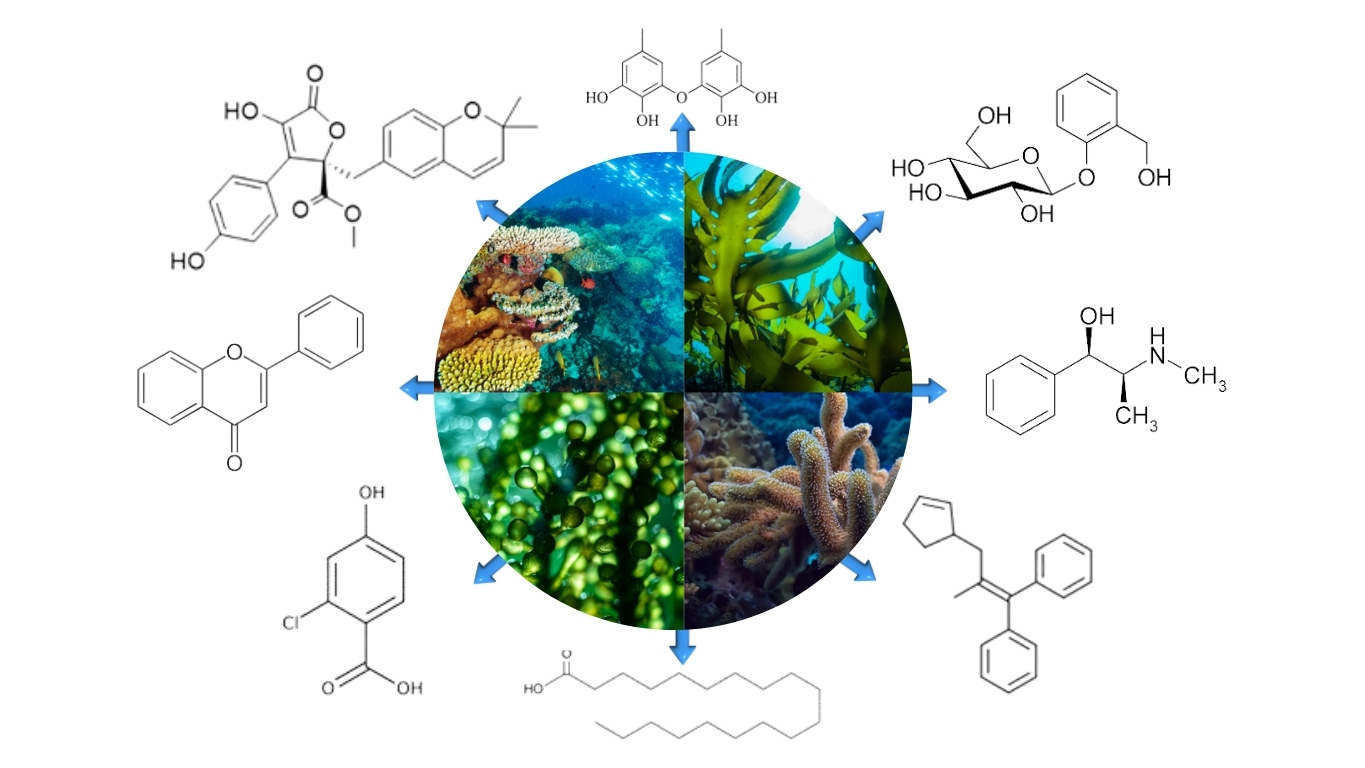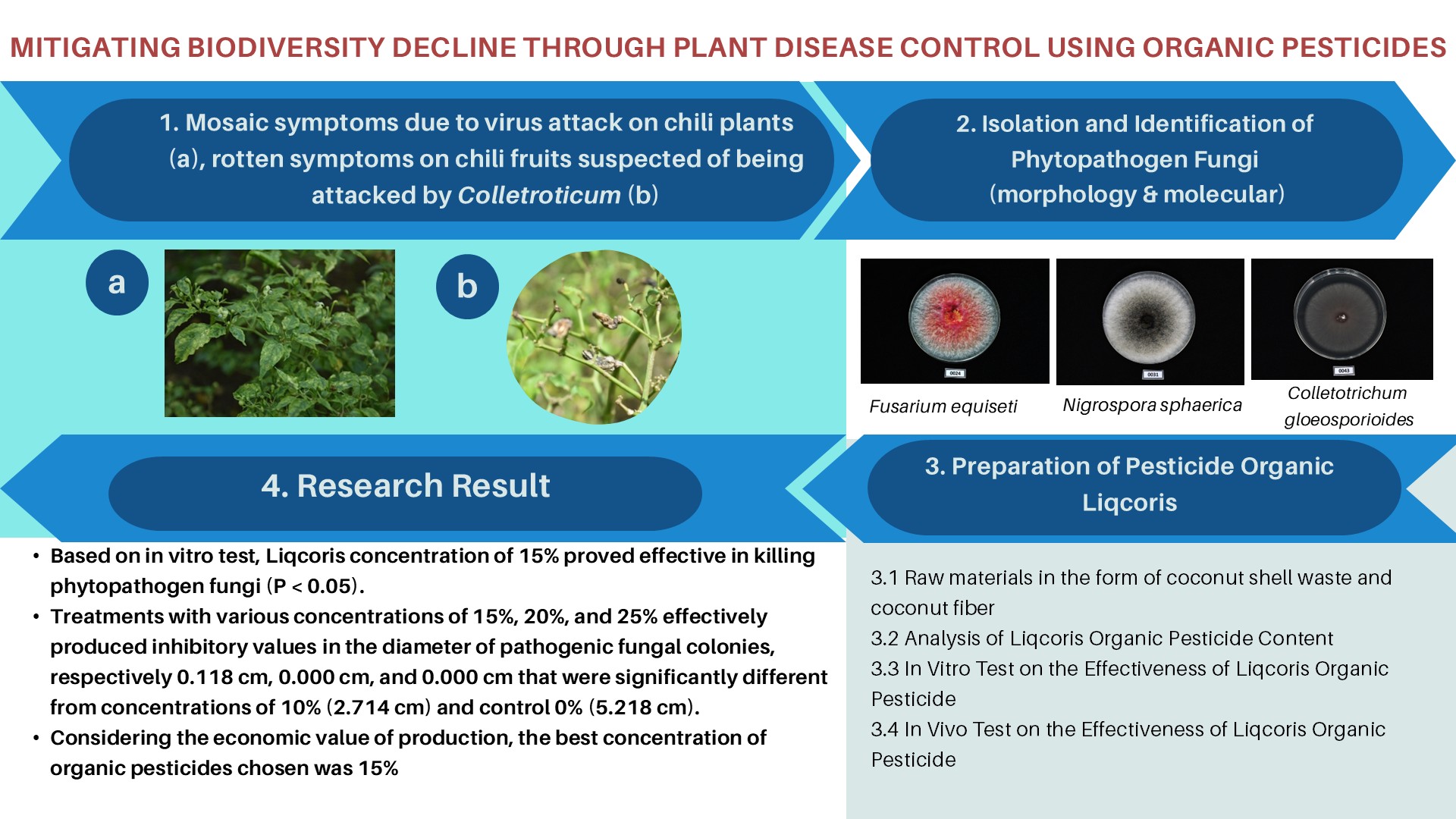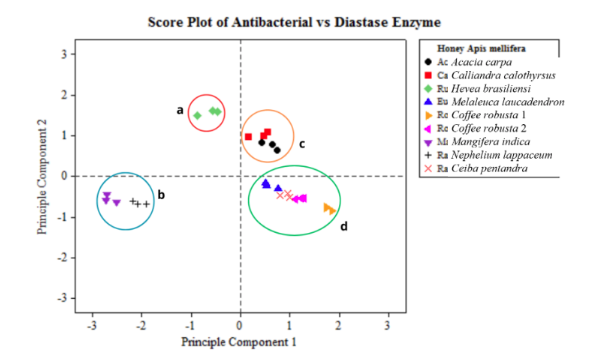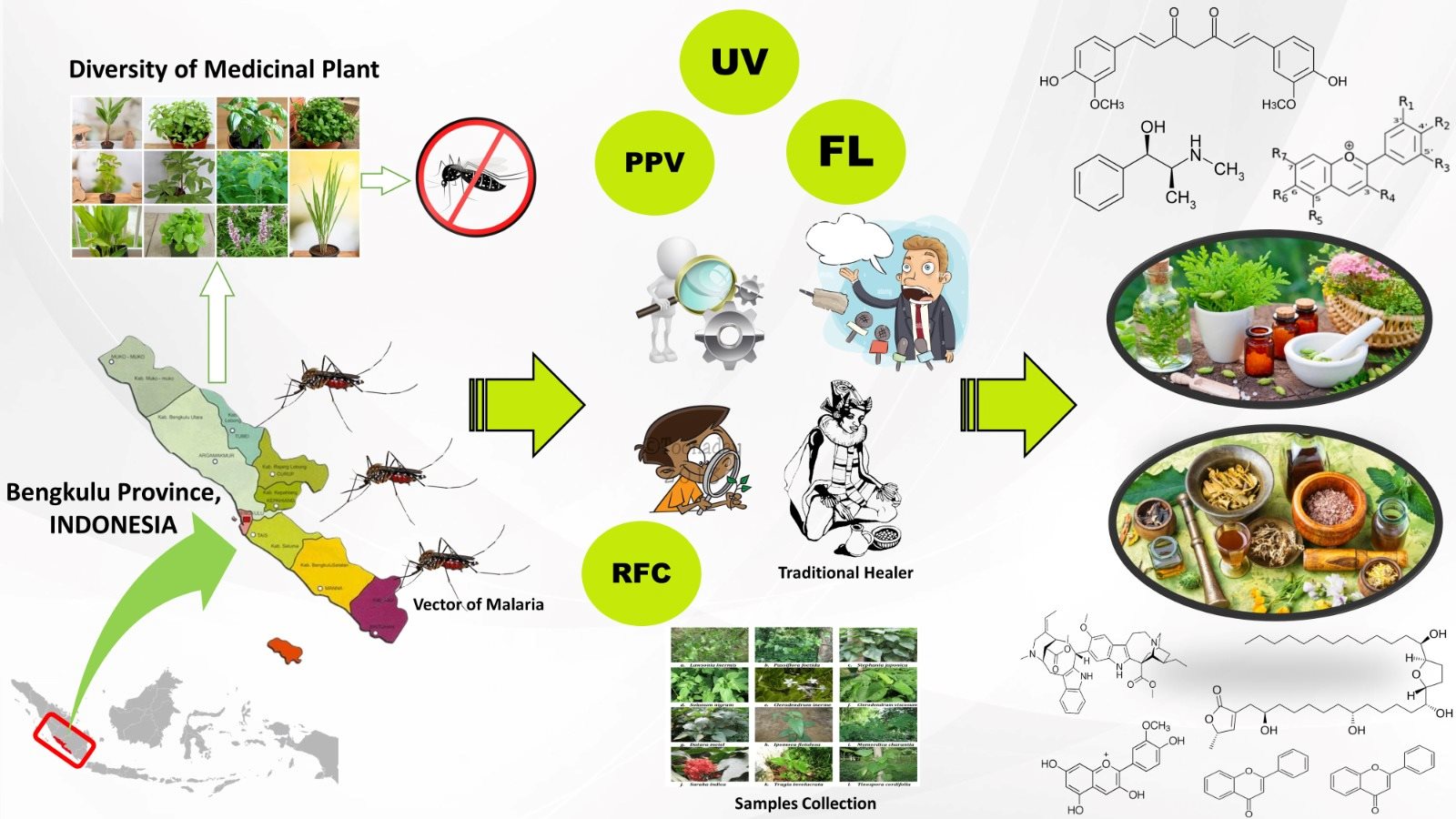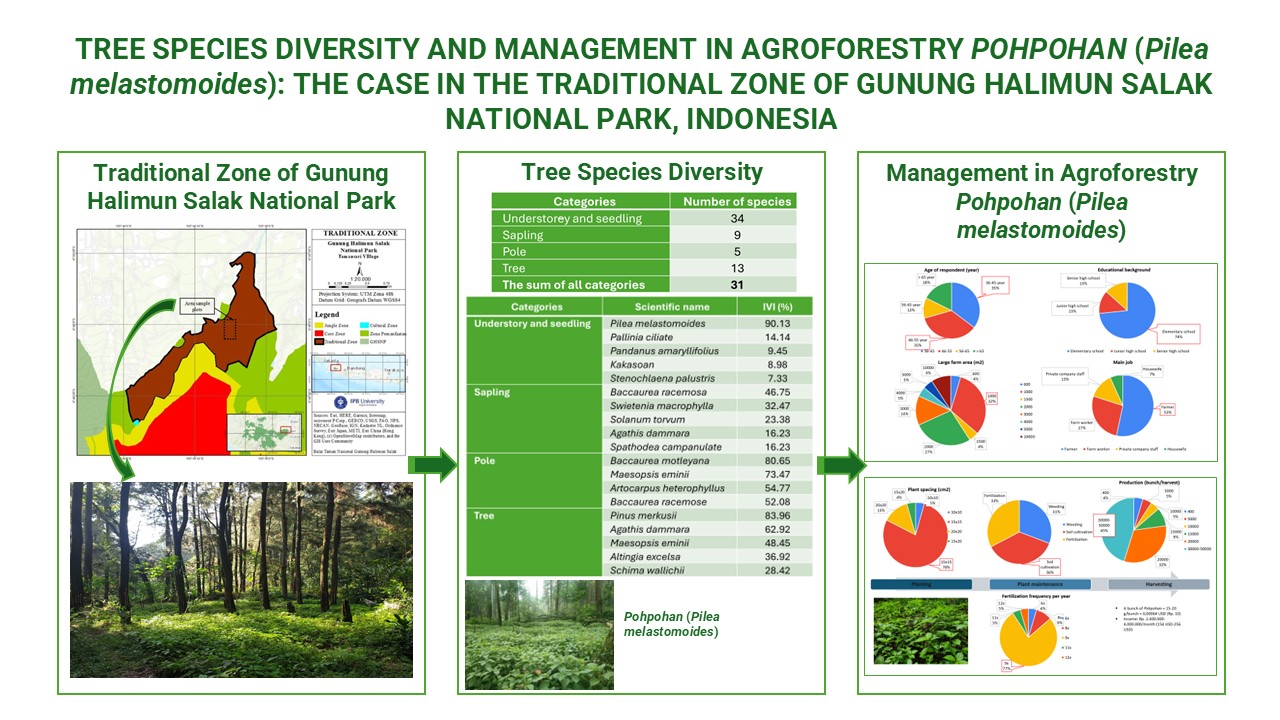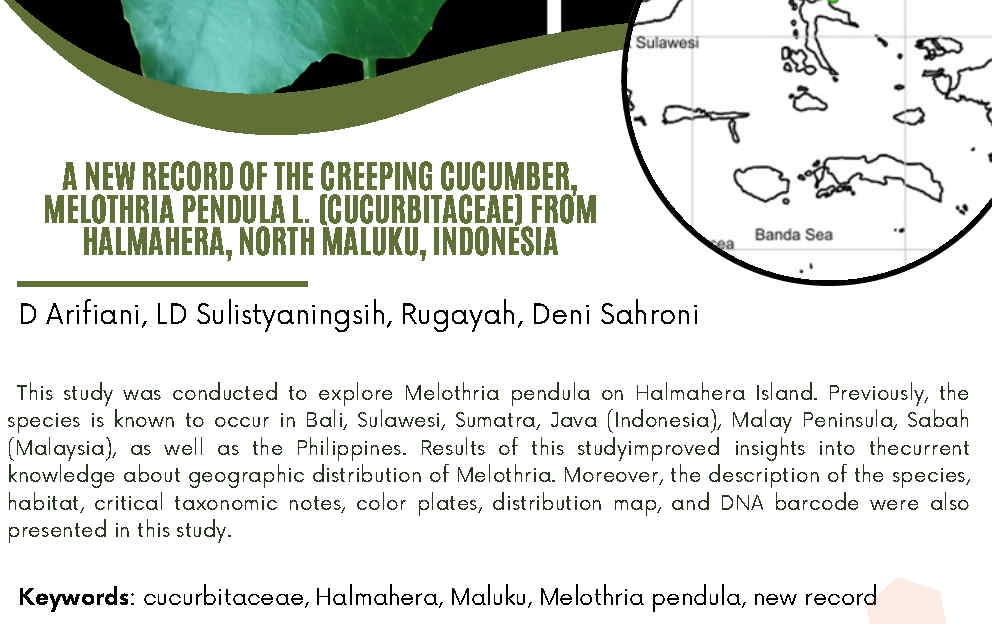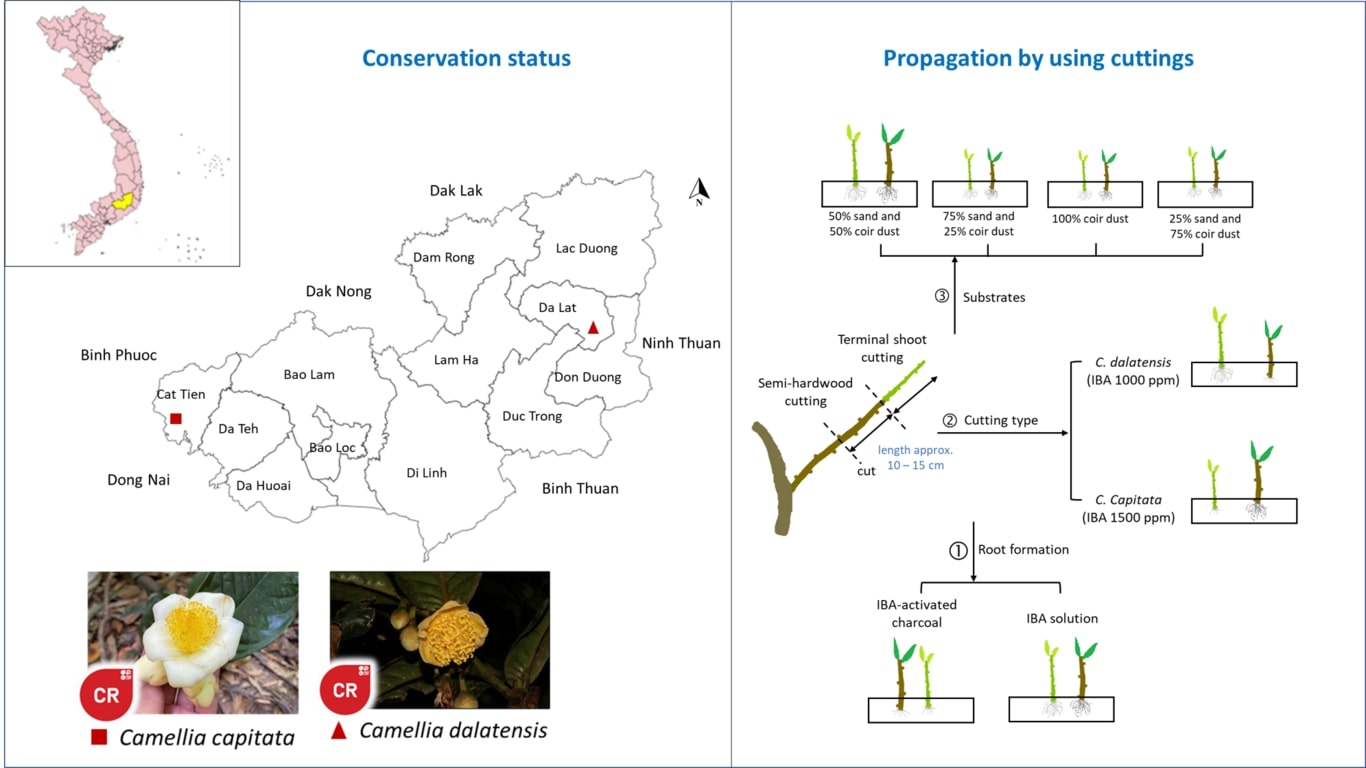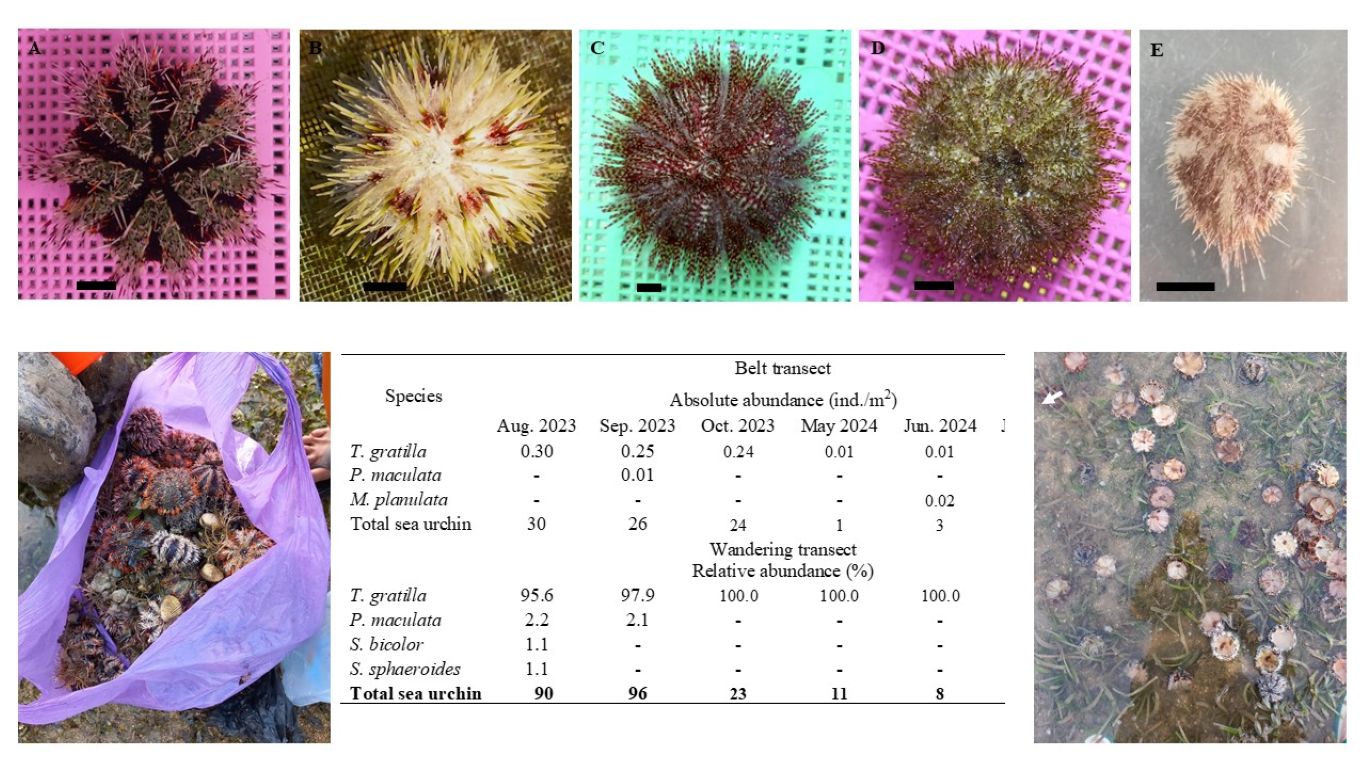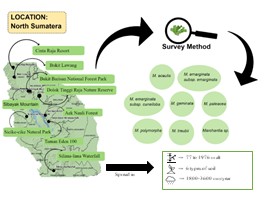A NOVEL INTEGRON IN THE GENOME OF ESCHERICHIA COLI ISOLATED FROM INDONESIAN MONITOR LIZARD (VARANUS SPP).
No. 16 (2001)
Research Paper
November 16, 2011
Downloads
The genotype of antibiotic resistance in natural isolates of Escherichia coli was determined through
integron detection and characterization of the associated antibiotic resistance. E. coli SG2 isolated from
Varanus salvator of Java demonstrated resistance to spectinomycin (50ng/ml) and streptomycin
(SOng/ml). Integron detection indicated that eight isolates out of nine E. coli isolates possessed a
conserved segment of the integron. Amplification of the inserted cassette of the integron in this SG2
isolate yielded a 1-kb DNA fragment. Sequence analyses indicated that this fragment was homologous with
aad gene, which confirmed the resistance to spectinomycin/streptomycin. This is the first report on the
presence of integron in the E. coli isolated from the environment.
Key words: Integron / antibiotic resistance / Escherichia coli
PUSPITASARI, E., SUWANTO, A., MALIK, A., & ERDELEN, W. (2011). A NOVEL INTEGRON IN THE GENOME OF ESCHERICHIA COLI ISOLATED FROM INDONESIAN MONITOR LIZARD (VARANUS SPP). BIOTROPIA, (16). https://doi.org/10.11598/btb.2001.0.16.163
Downloads
Download data is not yet available.
Authors who publish with this journal agree with the following terms:
- Authors retain copyright and grant the journal right of first publication, with the work 1 year after publication simultaneously licensed under a Creative Commons attribution-noncommerical-noderivates 4.0 International License that allows others to share, copy and redistribute the work in any medium or format, but only where the use is for non-commercial purposes and an acknowledgement of the work's authorship and initial publication in this journal is mentioned.
- Authors are able to enter into separate, additional contractual arrangements for the non-exclusive distribution of the journal's published version of the work (e.g., post it to an institutional repository or publish it in a book), with an acknowledgement of its initial publication in this journal.
- Authors are permitted and encouraged to post their work online (e.g., in institutional repositories or on their website) prior to and during the submission process, as it can lead to productive exchanges, as well as earlier and greater citation of published work (See The Effect of Open Access).









